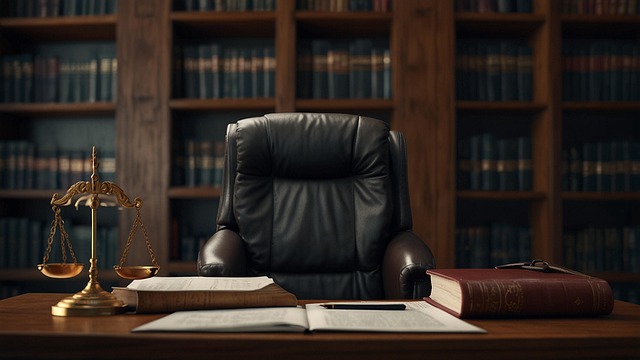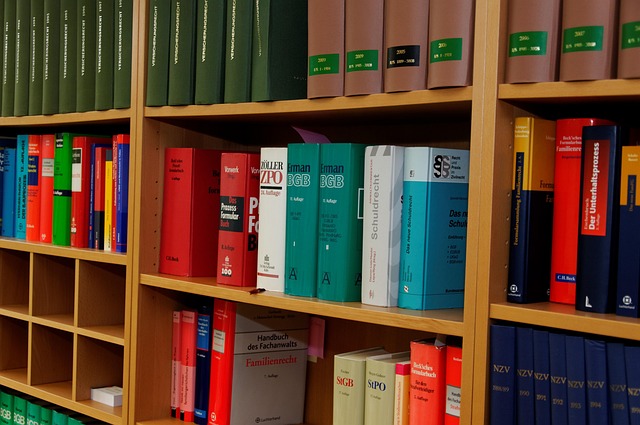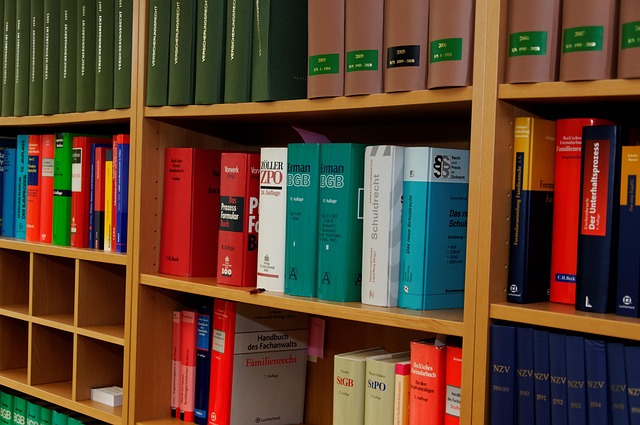Inadmissible evidence, including hearsay and irrelevant testimony, poses significant risks for criminal defendants in Houston. Skilled local criminal lawyers are trained to identify and challenge such evidence, ensuring fair trials and upholding justice. By thoroughly understanding evidentiary rules and legal precedents, they protect clients' rights, navigate complex issues, and achieve favorable outcomes. Search for "criminal lawyer Houston" to find professionals who excel in these areas, utilizing their expertise to safeguard your interests throughout the legal process.
In the pursuit of justice, understanding inadmissible evidence is paramount. This article delves into the challenges posed by improper presentation of evidence, focusing on testimony that lacks reliability or relevance. We explore common pitfalls and highlight the crucial role a criminal lawyer Houston plays in suppressing such evidence. Through legal precedents and case studies, we showcase successful strategies for excluding harmful testimony. Additionally, best practices for effective objections and appeals are provided to empower individuals to safeguard their rights.
- Understanding Inadmissible Evidence: What It Means and Why It Matters
- Common Pitfalls in Presenting Improper Evidence
- The Role of a Criminal Lawyer Houston: Strategies to Suppress Inadmissible Testimony
- Legal Precedents and Case Studies: Success Stories in Excluding Harmful Evidence
- Best Practices for Effective Objections and Appeals: Protecting Your Rights
Understanding Inadmissible Evidence: What It Means and Why It Matters

Inadmissible evidence refers to any information or testimony that cannot be used in a legal proceeding due to its lack of reliability, relevance, or adherence to legal standards. This includes hearsay statements, which are out-of-court statements offered for truth, and other forms of circumstantial evidence lacking direct connection to the case. For a criminal lawyer in Houston, understanding what constitutes inadmissible evidence is crucial to building a robust defense strategy.
The consequences of presenting improper evidence can be severe, potentially leading to mistrials or significant setbacks for the accused. As such, it’s vital for legal professionals to know how to identify and challenge such evidence. By suppressing inadmissible testimony and ensuring only reliable, relevant data reaches the jury, criminal lawyers in Houston can help protect their clients’ rights and ensure fair trials.
Common Pitfalls in Presenting Improper Evidence

Presenting improper evidence can be a common pitfall for many legal professionals, especially in complex cases where the line between admissible and inadmissible testimony can blur. A criminal lawyer in Houston knows that failing to properly vet evidence can significantly weaken a case. For instance, using hearsay testimony without proper validation or introducing irrelevant, prejudicial information can lead to dismissal of evidence or even a mistrial.
These errors often occur due to haste or a lack of understanding of the rules of evidence. In Texas, strict guidelines govern what is admissible in court, and a slight misstep can result in the exclusion of crucial testimony or physical proof. Thus, experienced criminal lawyers in Houston are trained to meticulously prepare and present evidence, ensuring it meets the high standards required for acceptance in court to secure the best possible outcome for their clients.
The Role of a Criminal Lawyer Houston: Strategies to Suppress Inadmissible Testimony

In any criminal trial, the role of a criminal lawyer Houston is pivotal in ensuring that justice prevails. One of their primary tasks is to challenge improper evidence and suppress inadmissible testimony. This involves meticulous preparation and a deep understanding of evidentiary rules. A skilled criminal lawyer Houston will employ various strategies to achieve this, including objecting to testimony based on lack of relevance, hearsay, or violation of the defendant’s constitutional rights. They may also seek to exclude evidence obtained through unlawful search and seizure, ensuring that only reliable and admissible information is presented to the court.
These attorneys are adept at navigating the complexities of criminal law, utilizing legal precedents and procedural moves to protect their client’s interests. By presenting a strong defense, they aim to prevent any prejudicial testimony or evidence from influencing the outcome of the case. This meticulous approach not only safeguards the defendant’s rights but also ensures that the trial remains fair and just, upholding the integrity of the criminal justice system in Houston and beyond.
Legal Precedents and Case Studies: Success Stories in Excluding Harmful Evidence

In the realm of criminal law, legal precedents and case studies offer a glimpse into effective strategies for suppressing inadmissible evidence and protecting defendants’ rights. Houston’s criminal lawyers have successfully navigated complex cases, ensuring that only reliable and relevant testimony reaches the jury. One notable example involves a high-profile murder trial where the defense team challenged the admission of circumstantial evidence gathered during an illegal search. Relying on established case law, they argued that the evidence was obtained in violation of the Fourth Amendment, ultimately leading to its exclusion. This strategic move significantly weakened the prosecution’s case, demonstrating the power of legal precedent in protecting individuals from prejudicial and improperly obtained information.
Another success story highlights the importance of thorough cross-examination and challenging witness credibility. In a sexual assault case, a criminal lawyer in Houston successfully exposed inconsistencies in the victim’s testimony during cross-examination. By presenting alternative explanations and questioning the reliability of her recollections, the defense attorney led the judge to suppress certain portions of the testimony, preventing potential harm to the defendant. These real-world examples underscore the critical role that legal expertise and strategic advocacy play in ensuring a fair trial, even in the face of challenging evidence and witness accounts.
Best Practices for Effective Objections and Appeals: Protecting Your Rights

When facing legal challenges, a criminal lawyer in Houston plays a pivotal role in protecting their client’s rights and ensuring a fair trial. One of the primary tools in their arsenal is the art of objection and appeal. Here are some best practices to navigate these crucial steps effectively.
The first step involves understanding the rules of evidence and procedure. A knowledgeable Houston criminal lawyer stays abreast of legal precedents, state laws, and court regulations, enabling them to anticipate potential issues and formulate strategic objections. By timely and specific objections, they can exclude irrelevant or prejudicial evidence, protecting their client from any harmful impact on the case’s outcome. Furthermore, effective objection techniques not only strengthen the defense but also lay the groundwork for successful appeals later in the legal process.
In navigating complex legal landscapes, especially in criminal cases, understanding and challenging improper evidence is paramount. This article has elucidated the significance of inadmissible testimony and its potential impact on trials. By highlighting common pitfalls and providing insights into successful strategies employed by a criminal lawyer Houston, it becomes evident that a robust legal defense hinges on effective objections and appeals. Through studying relevant legal precedents and adopting best practices, individuals can protect their rights and ensure fair judicial processes, ultimately upholding the integrity of the criminal justice system.
